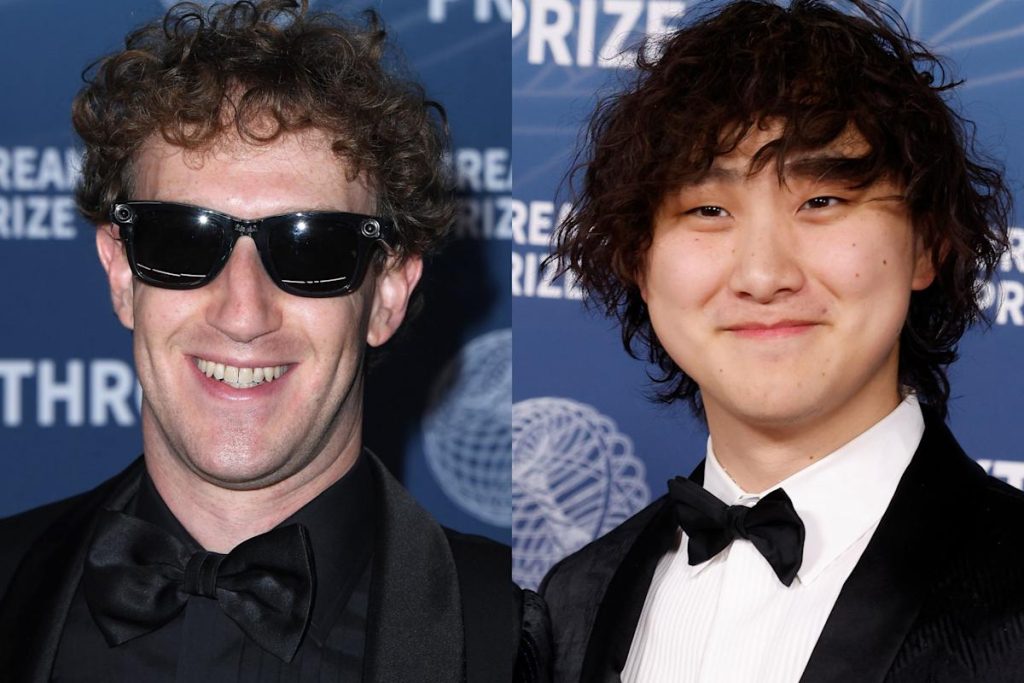Mark Zuckerberg is stacking the deck in the AI race, betting that unlimited capital, top talent, and raw computing power will ensure victory. If the winning hand Zuckerberg is chasing—AI “superintelligence”— is still very much a vague and theoretical concept, the Meta CEO’s remarkable series of moves unveiled Monday instantly changed the reality for everyone else in the game, particularly the pioneering AI startups without Meta’s resources.
Zuckerberg announced a major revamp of its AI operations on Monday, putting the company’s collection of AI businesses and projects under the umbrella of a newly created organization called Meta Superintelligence Labs, or MSL, and appointing Alexandr Wang, the former CEO of data-labeling startup Scale AI, as Meta’s first ever Chief AI Officer.
“As the pace of AI progress accelerates, developing superintelligence is coming into sight,” Zuckerberg wrote in an internal memo obtained by Fortune. “I believe this will be the beginning of a new era for humanity, and I am fully committed to doing what it takes for Meta to lead the way.” He added that the details he would share were about building towards a company vision of ‘personal superintelligence for everyone.”
The new superintelligence lab, Zuckerberg wrote, “includes all of our foundations, product, and FAIR teams, as well as a new lab focused on developing the next generation of our models.”
He also confirmed that former GitHub CEO and investor Nat Friedman has also joined Meta to partner with Wang to lead MSL, heading Meta’s work on AI products and applied research. “Nat has served on our Meta Advisory Group for the last year, so he already has a good sense of our roadmap and what we need to do,” Zuckerberg wrote. Fortune reported last week that Friedman is also connected with Wang and Scale – he is a longtime and active Scale investor and co-hosted the secretive Scale AI Security Summit in Utah in November 2023.
Meta has embarked on an extraordinary hiring spree in recent weeks, bringing Wang on board as part of a $14.3 billion deal with Scale, and recruiting top researchers from OpenAI with rumored $100 million compensation offers. In Zuckerberg’s internal memo on Monday, he named eleven top researchers who had joined Meta from OpenAI, Anthropic and Google.
For OpenAI, which kicked off the generative AI craze with the release of ChatGPT in late 2022, Meta’s aggressive hiring spree represents a critical threat. OpenAI’s chief research officer Mark Chen described the situation as feeling like someone “breaking into our home,” calling the talent loss “theft.” OpenAI said it had begun recalibrating compensation and crafting “creative” retention packages to stay competitive.
Story Continues

